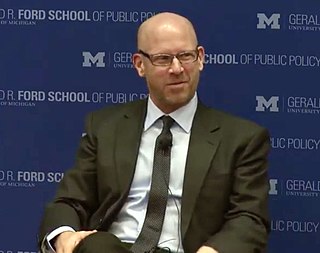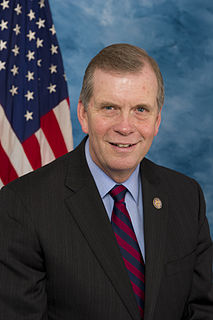A Quote by R. D. Laing
Doctors have throughout time made fortunes on killing their patients with their cures. The difference in psychiatry is that it is the death of the soul.
Quote Topics
Related Quotes
Doctors should recognise the importance of the five human values; Truth, righteousness, Peace, Love and Non-violence. Love is the basis for all the other values. Doctors can infuse courage in patients by the love they show towards the patients. If doctors carry out their duties with love they will be crowned with success.
Mental illness is a real thing. It has real material consequences for people who suffer from it and at the time even the most biological finding reflects social context in very important ways, and so I think psychiatry is better off looking both at biology and at social context and really trying to think of the relationship between these and I think doctors and patients are better off that way.
People and organizations other than doctors increasingly are assuming power to decide which medications to prescribe or procedures to undertake. More and more, decisions about personal healthcare are no longer made by the treating physicians in consultation with their patients, and based on the doctors' expertise.
I am a spiritual person. I'm a Catholic. I treat my patients, the dead patients, as live patients. I believe there is life after death. And I talk to my patients. I talk to them, not loudly but quietly in my heart when I look at them. Before I do an autopsy, I must have a visual contact with the face.
Part of what motivated my writing was anger. I was angry that the daily misery of doctors, nurses, and patients was being trivialised into soap opera. We were made to feel bad because we were not perfect like our television counterparts. We were resentful that our patients did not get better as quickly as they did on telly - or at all.





































